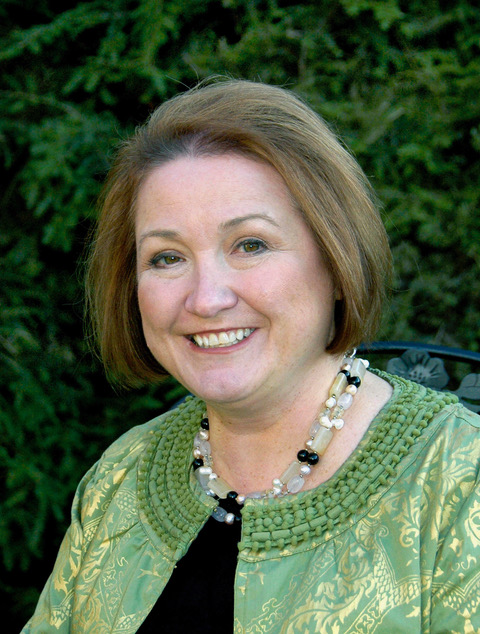Stress management pro offers tips for coping during the pandemic
by Pam Ressler

Pamela Katz Ressler, RN, MS, HNB-BC is the founder of Stress Resources in Concord, MA and an adjunct clinical assistant professor of Community Medicine and Public Health at Tufts University School of Medicine in Boston, MA.She has served as the only nurse on the Executive Board for Medicine X at Stanford University and is an appointed member of the Consumer Health Council of the Massachusetts Health Quality Partners.
Ms. Ressler’s consulting work with organizations and individuals is ongoing and expanding as we seek sustainable resilience. Raising Resilience is her new podcast which can be found on Apple Podcasts and on StressResources.com.
FiveTips for Navigating a New (Ab)Normal
Nurture: How do you nurture your creativity? What is your favorite music. Do you have a favorite artist — either visual or musical? Have you taken a look at the free resources for touring art museums online? Do you like to draw, do puzzles, read, write? Tip: Try writing a simple haiku (three lines that don’t rhyme, consisting of 5 syllables, 7 syllables, 5 syllables) — if you want inspiration, check out StressResources.com/blog where I write and post a haiku each day.
News: We live with the availability of 24/7 news, but we do not need to engage in everything that pops up on TV or on our computer screen. Our default has become to allow an overabundance of news, both factual and false, to infiltrate our lives. While some intake of news is important and helpful, too much can lead to an increase of our stress response and increase our sense of helplessness and anxiety. Tip: Limit your news diet to twice a day at the most.
Nature:As we physical distance, we find ourselves spending more time indoors and losing our connection with nature. Make it a priority to step outside at least once a day — notice the temperature, the sounds, smells of the the season.Take a walk with physical distancing. What has changed since yesterday? Tip: Open your window and notice sounds and smells that you encounter — can you hear birdsong, traffic, wind, animals? Notice one bit of beauty.
Nourish: When we are under stress we go into survival mode. We may overeat, undereat or indulge in comfort foods. Comfort foods help our bodies remember a time when we felt safe and secure, however too many comfort foods without a balanced diet can actually increase our stress and decrease our resilience. Tip: Choose one favorite comfort food to savor every other day. On the alternate days, choose healthier alternatives. It is also very important to remember to keep yourself hydrated by drinking water throughout the day.
Now:You may have heard the term “mindfulness”. What does it really mean? Mindfulness simply means being acutely aware of the present moment without judgement. You will probably say “I am already aware of the present moment”, but I invite you to check your mind right now…you are probably thinking of the future (the what if’s and to-do list) or you are ruminating about the past (the should haves, could haves). In reality very little of our waking hours are spent noticing the NOW, the present moment. Research suggests that those who are able to intentionally drop into the present moment more frequently have lower levels of stress hormones. Tip: Try mindful breathing. Focus on taking belly or diaphragmatic breaths during the day — slowing inhaling and allowing your belly to inflate like a balloon, and then exhaling slowly by allowing the belly to deflate. Try to keep your shoulders and ribcage stationary with this type of mindful breathing, only allowing the movement your abdomen. Try doing this at least three times a day for 2-3 minutes, working up to longer moments of mindful breathing.
Comments
Be the first to leave a comment!